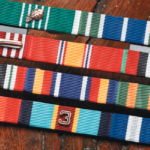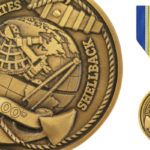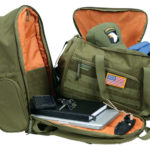Veterans are priceless assets to the United States, not only because they were so valiantly willing to enter the lines of fire to preserve freedom and justice, but also because they tend to exhibit that heroism at home and in their communities, too. Just because a service member has been discharged doesn’t mean their commitment to service dwindles. In fact, many veterans depart military service with a renewed sense of service to others, which inspires them to become active in their communities at home. If you’re a veteran and you want to continue to give back within your community, here are some great ideas to get you started on your new mission.

- Campaigning on Behalf of Fellow Veterans—We all know that despite the fact that they lay down their lives for their country, veterans are not treated as well as they should be when they depart military service. Politically active veterans can get involved by signing petitions, collecting signatures, writing their Congressional representatives and campaigning on behalf of pro-veteran political candidates. To keep on top of important veteran-related legislation, visit the Senate’s Committee on Veterans’ Affairs. It is important that able-bodied veterans with strong voices advocate on behalf of those veterans who are the silent minority.
- Helping to Care for Older Veterans—With veterans from World War II, the Korean War and the Vietnam War in or moving into the senior stages of life, more and more aging veterans will need assistance in the coming decades. By partnering with your local VA, you can be paired with a fellow veteran in your community who may need assistance with tasks such as navigating the benefits system (perhaps they need to use the computer for these tasks but aren’t comfortable with technology) or getting to appointments and activities. Simply volunteering at a local nursing home, assisted living or senior center can put you in contact with older service members who may need help in their day-to-day lives. Elderly veterans will be delighted to share their service stories and show you their hard-earned medals and ribbons.
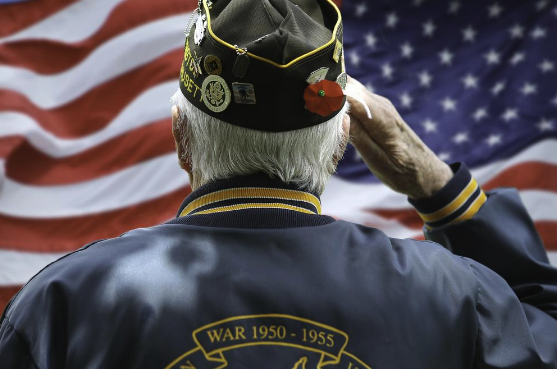
- Joining a Veterans’ Organization—It seems younger veterans are less interested in joining veterans’ groups, like the Veterans Service Organization (VSO), compared to senior American veterans. The reason is fairly simple, as veterans’ organizations aren’t attractive to younger service members. But if young, enthusiastic veterans take interest in these groups, they can become a strong advocacy group for helping veterans in need, including elderly veterans and injured or disabled combat veterans. Veterans’ groups have always been an integral part of the local community, organizing food drives, fundraisers and community resources for community members who are less fortunate.
- Helping to Train and Foster Service Animals—Service animals are vital resources needed to help rehabilitate heroic military service members after they have returned from deployments. Service canines help provide much-needed emotional support and physical aid to those service members who have experienced trauma during combat. The U.S. Department of Veterans Affairs does supply some veterans with service animals, but many worthy service members rely on nonprofit service animal organizations to provide them with a trained support animal. Veterans who are passionate about supporting and rehabilitating military service members with PTSD and other common afflictions associated with combat need to consider volunteering with a service animal organization in their local area.
- Joining the Peace Corps—If you prefer a more structured volunteer opportunity similar to your time in the military—and if you have an interest in helping those in developing nations—then it may be worth your while to consider an application to the Peace Corps. This government-run volunteer organization provides social and economic resources abroad, with volunteers serving for two-year periods within governments, nonprofit organizations, schools and businesses overseas. The Peace Corps welcomes military veterans, reservists and active duty military personnel to apply, so long as service does not interfere with any current military commitments. Moving into a Helping Profession—If your time in the service has come to an end and you’re exploring different career opportunities, spend some time thinking about joining a helping professional field. There are plenty of opportunities in education, health care or social services, or working at a nonprofit that helps improve the lives of those in your community. Members of the Armed Forces are usually already community-minded, positive-thinkers, so it often makes sense for them to move into job roles designed to support others.Volunteering with a Veterans’ Charity—Because they can better relate to other veterans, members of the Armed Forces often opt to spend their charitable contributions helping former service members in their own community. Luckily, there are some incredible veteran-focused nonprofits and charities out there that help provide food, housing, employment and medical care to those who served our nation. Look for local chapters of Wounded Warrior Project, Homes for Our Troops, Soldiers’ Angels, Fisher House and others who engage directly with other veterans
- Building Up the Community, Literally—What’s one thing that all military service members have in common? They don’t mind getting dirty or breaking a sweat. The physical strength, endurance and can-do attitude it takes to succeed in the Armed Forces is an incredible quality to have when physical labor is needed. If you want to give back and get a workout while you’re at it, consider volunteering for organizations like Habitat for Humanity or others that quite literally build the community by providing new homes, parks and gardens. The Habitat for Humanity Veterans Build program is specifically designed to help provide housing, employment, education and volunteer engagement for vulnerable military veterans, especially women and those over age 55.
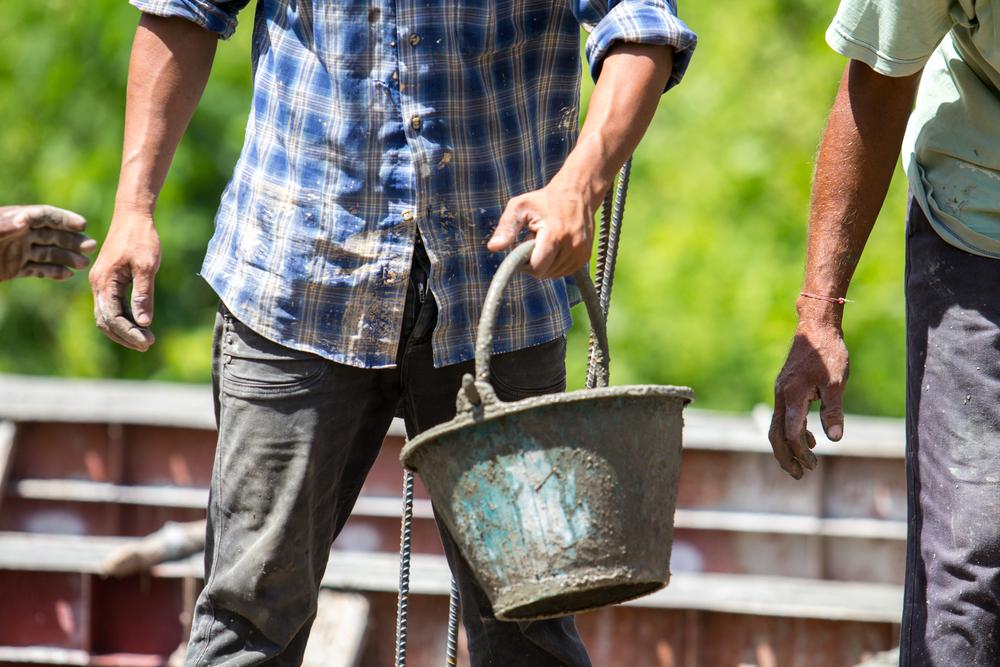
As a veteran, you’ve already sacrificed so much for the betterment of the greater community, whether you served on Active Duty, the Reserves or National Guard and deployed overseas as a representative of your country. The fact that you willingly volunteered to serve your nation, and a cause greater than yourself, sets you apart from others in your community. You are proud, able and willing to continue your service in your local community with a helping heart in the next phase of your life. Thank you for your service from your nation and your community at home! We salute you!



